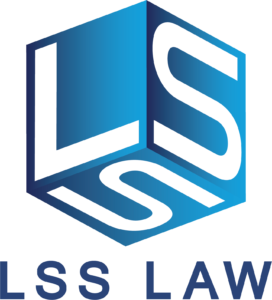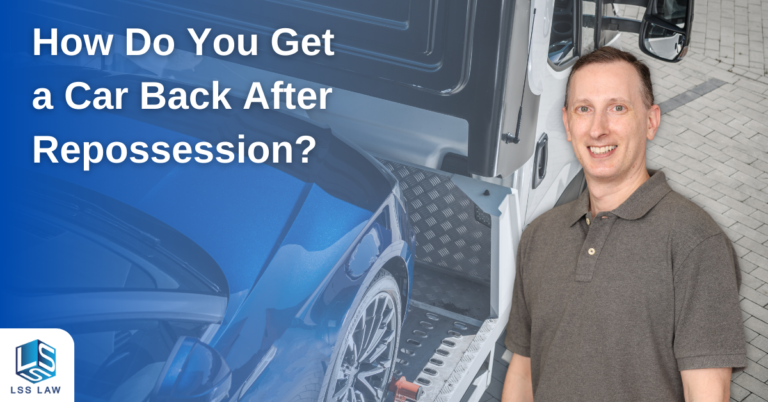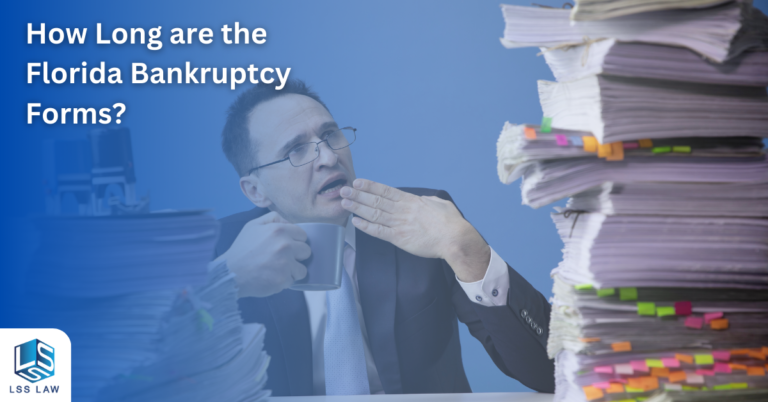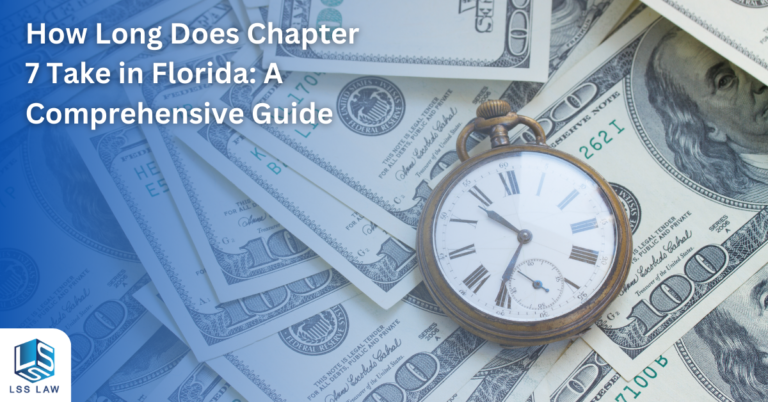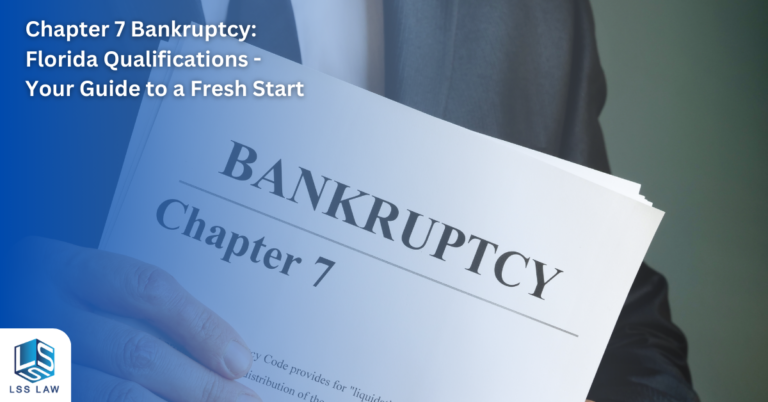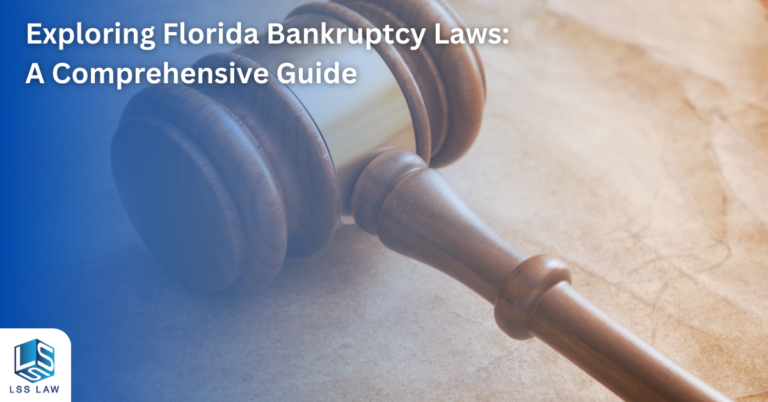If you have had a car repossessed, you are likely wondering how to get your car back. Thankfully, some steps can be taken to get your car back after repossession.
LSS Law is a bankruptcy law firm. If you need help getting your car back, we recommend contacting the Florida Bar so they can refer you to an attorney who can help.
The attorneys at LSS Law can help if the overall problem that led to your car being repossessed is debt-related. LSS Law is a bankruptcy law firm in South Florida that can help individuals with debt problems through bankruptcy services.
Our goal is for you to leave this article feeling empowered and with more knowledge so you can decide the best course of action.
What Happens During the Repossession Process?
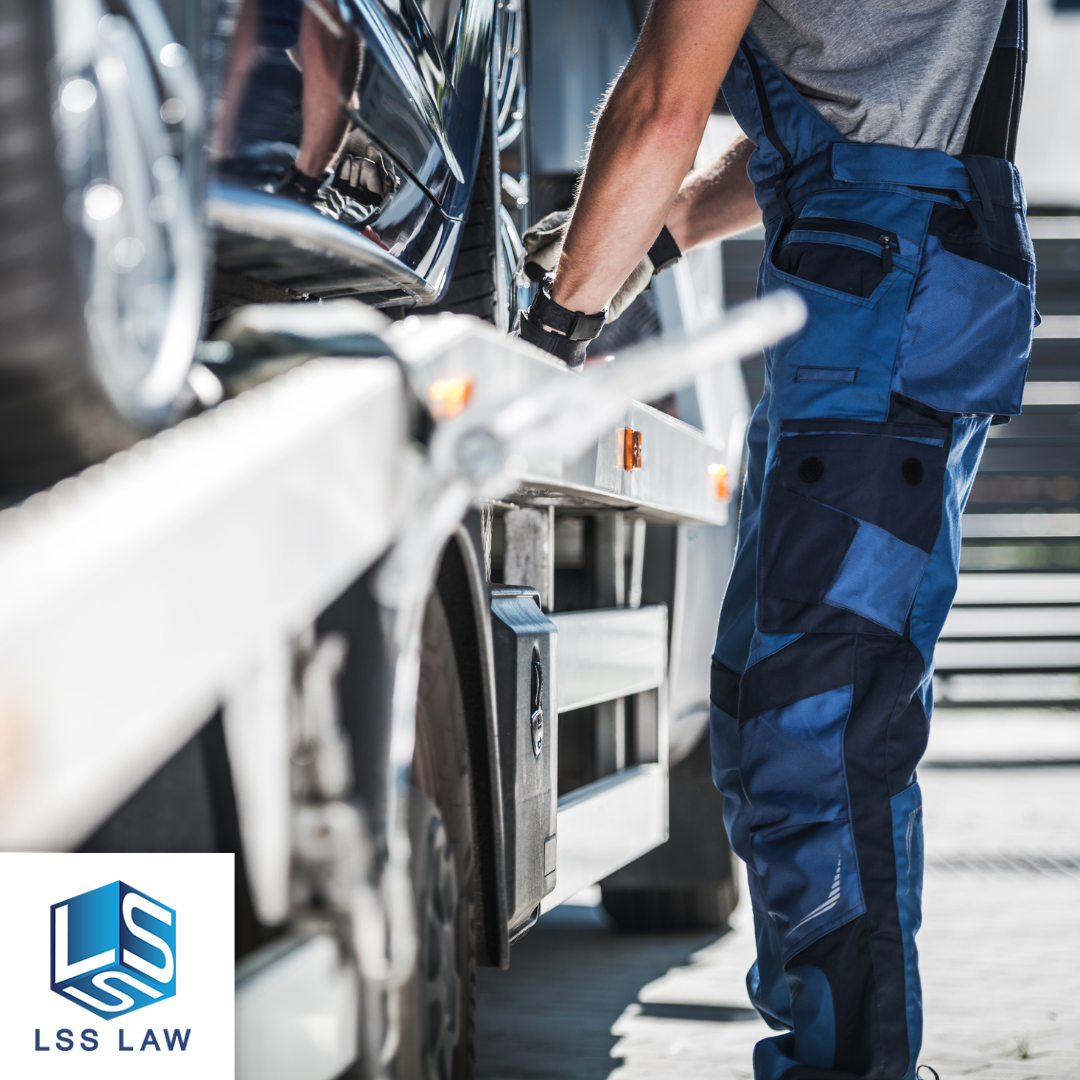
When loan payments are not made on time, a repossession company may be called in to take possession of the car as collateral until the debt is paid. It is important to understand the repossession process, as it can happen quickly and without warning.
In this section, we will go into detail about what happens during the repossession process and provide tips on how to protect your rights in such a situation. Having knowledge of the repossession process beforehand can help you avoid any potential issues with the repossession company.
When is Your Car Considered Repossessed?
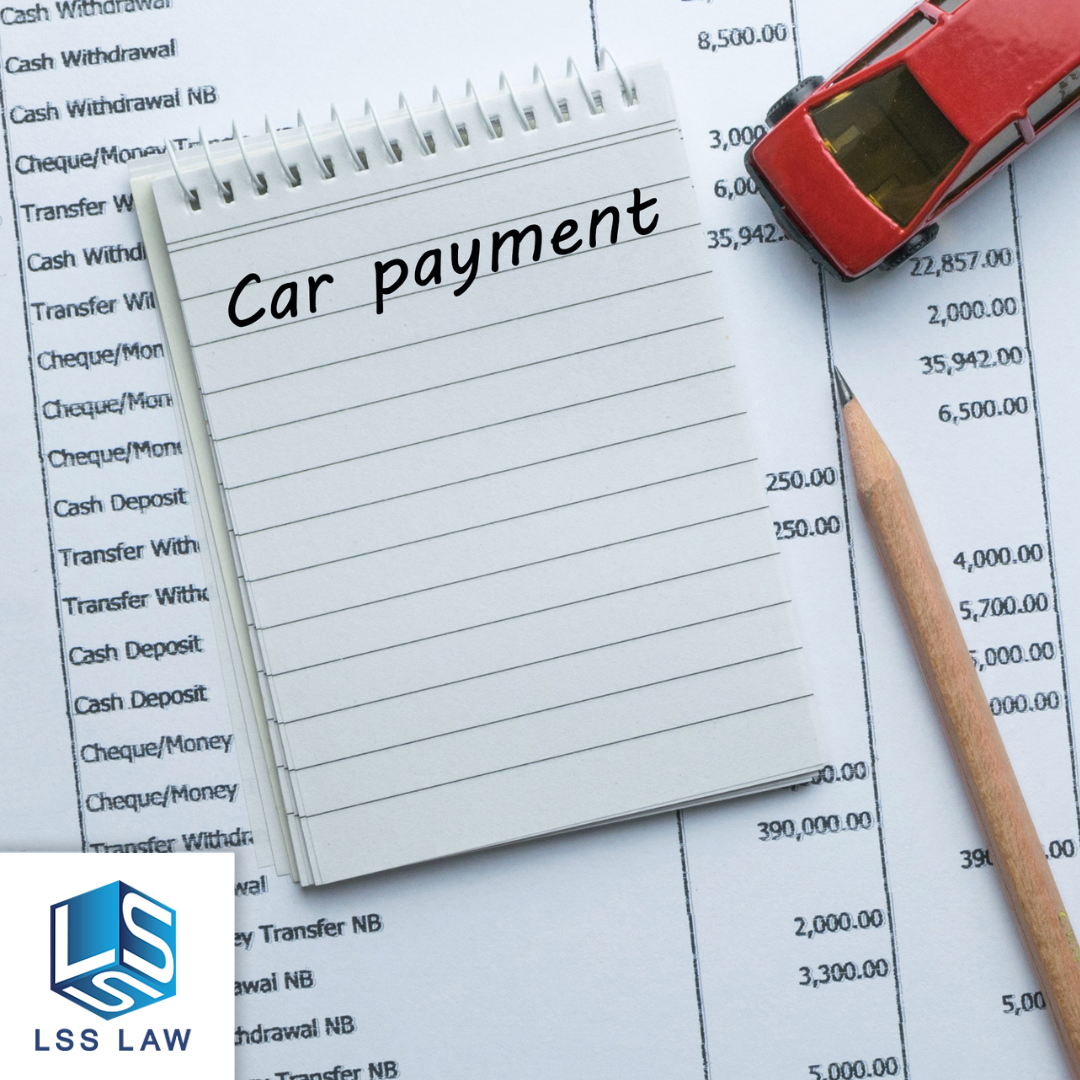
When a lender takes back collateral, a car is repossessed. Two or more late payments make a car loan “repossessable.” If this is the case, the lender may have it towed right from your (unlocked) driveway.
If your loan is current but you are having trouble making payments and fear that the car may be repossessed, you can voluntarily surrender the car by returning it to the bank or lender before they do. This is a difficult decision to make but it can help you avoid the stress and embarrassment of involuntary repossession if you have past-due payments.
What Happens After Your Car is Repossessed?
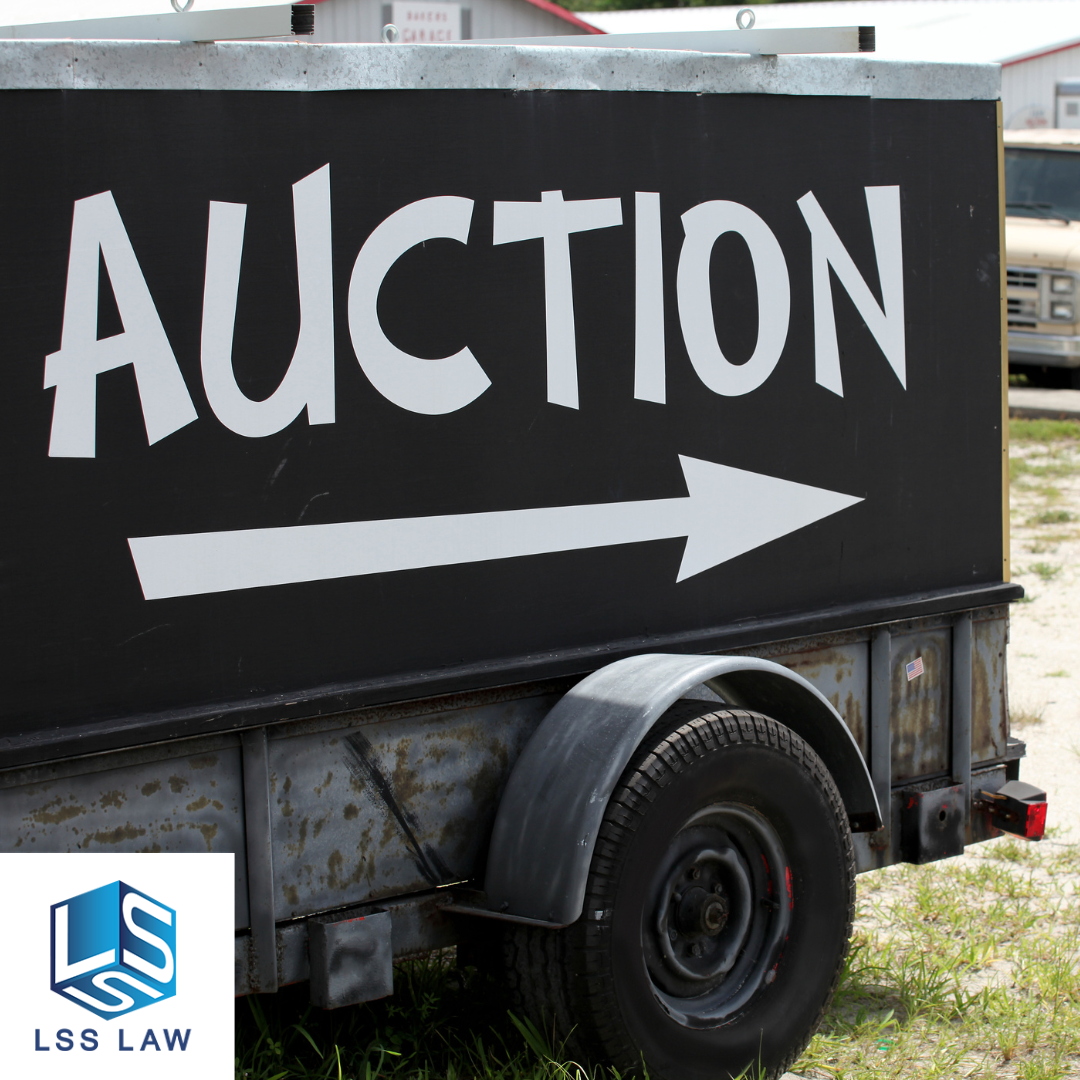
A repossessed car is sold to pay off the loan. The difference between the sale price and the car loan balance is referred to as the deficiency balance. After the sale, you might or might not be billed for the balance, depending on the amount and your state’s laws. In Florida, any balance under $2000 at the time of default is not subject to collections. However, credit bureaus may report this amount.
Depending on where you live, you may also have to pay storage fees incurred while the lender had your car.
Your personal items inside the car should not be taken by the creditor and you’re entitled to get back all of your personal property that was in the car when it was repossessed. They are required to inventory your personal belongings and must also provide you with instructions on how to retrieve your belongings.
How to Get Your Car Back After Repossession
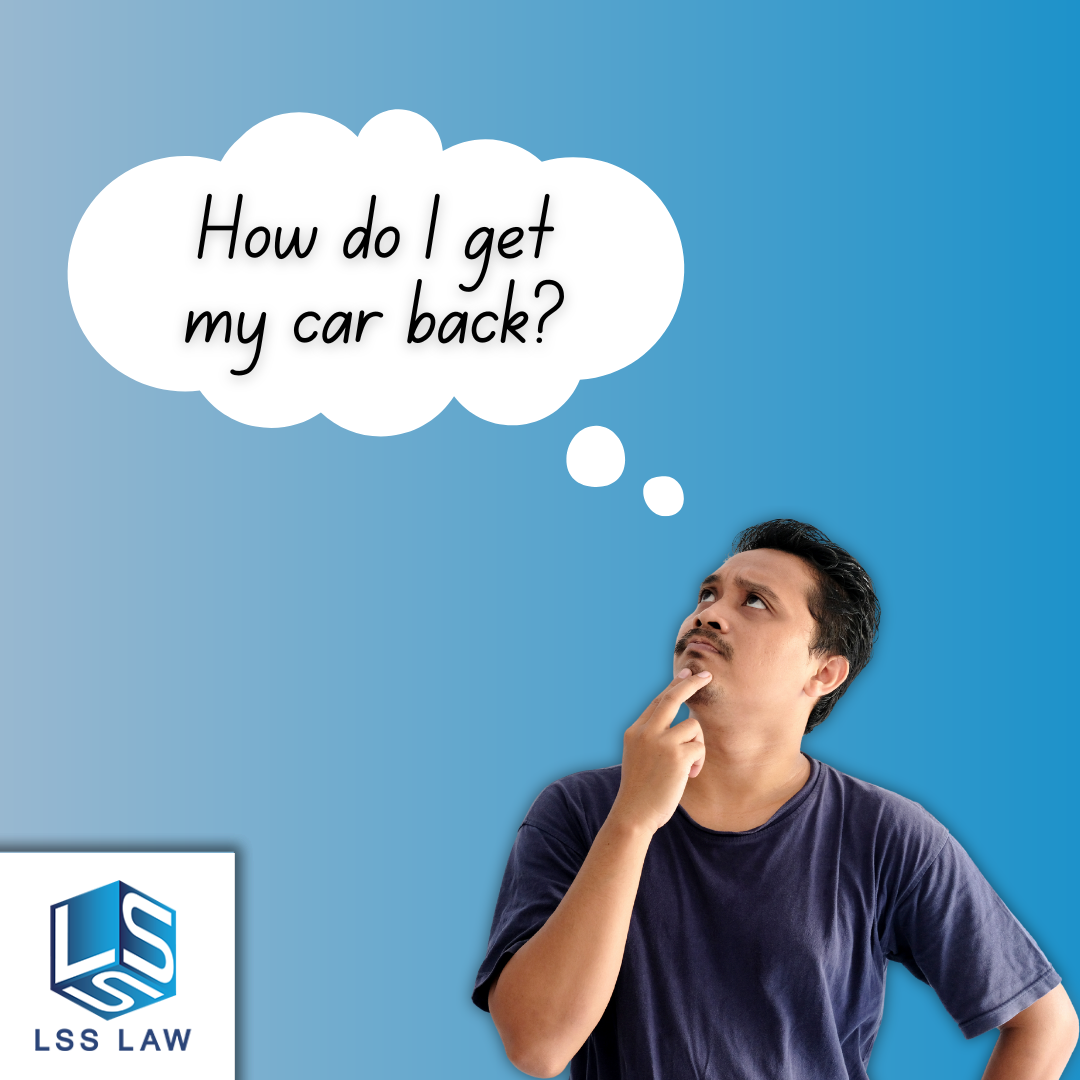
There are strategies for getting your car back after repossession such as making a lump sum payment on your auto loan or making a plan with your lender to make monthly payments.
We also recommend contacting the Florida Bar so they can refer you to an attorney who may be able to help.
Each of these options can help you get back on track and avoid having to go without transportation. So keep reading to learn more about how to get your car back after repossession!
Can You Pay Off the Loan Balance?
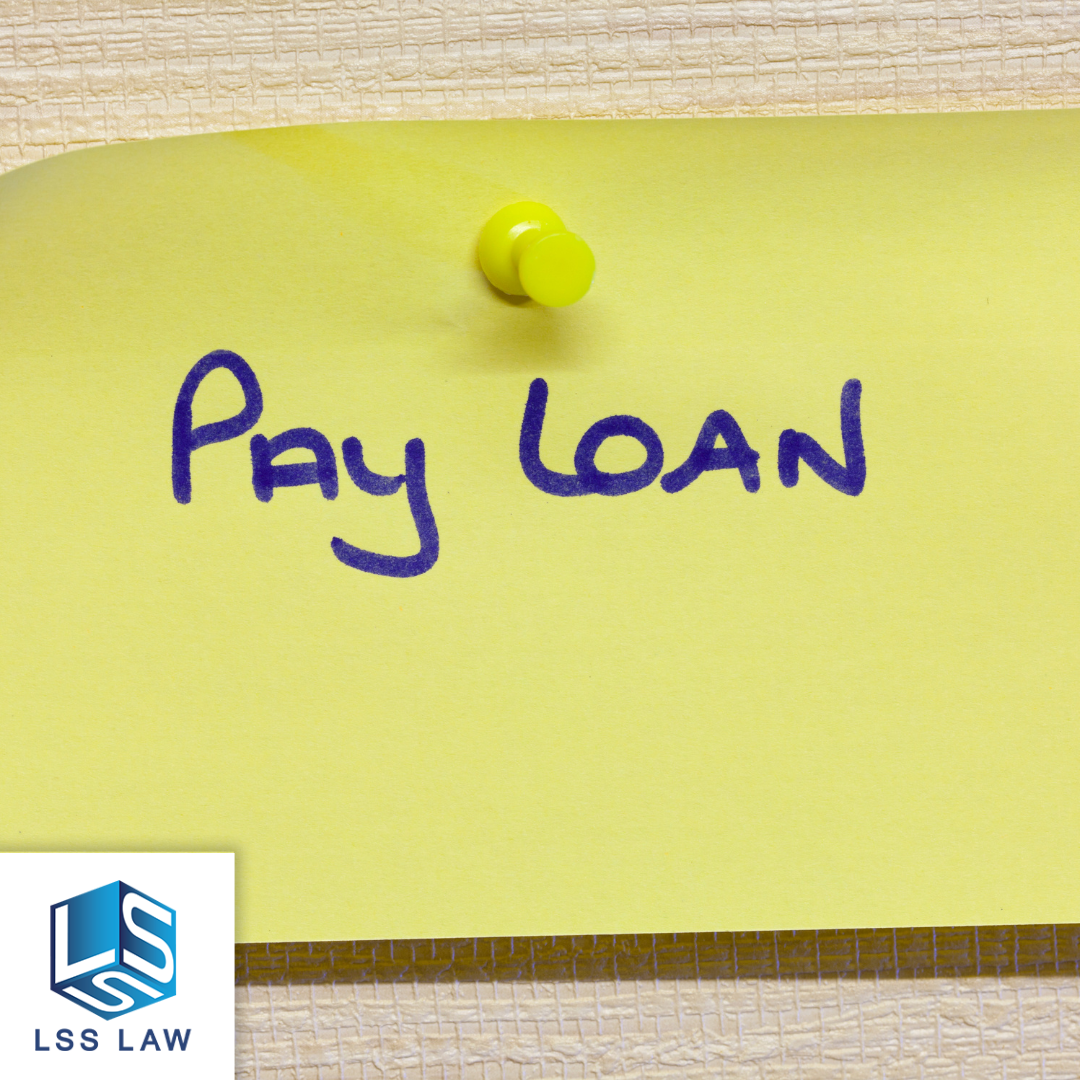
If you can pay off your car loan, contact the lender immediately to discuss repayment options. A lump sum payment (redeeming the loan) is an immediate payment of the remaining loan balance. After payment, you can get your car back. Be aware that repossession costs, interest fees, and late fees might be factored into the lump sum.
You can also negotiate for a lower lump sum payment. You should contact the lender as soon as possible to find the best way to pay off the loan balance and reclaim your vehicle.
What if You Don’t Have Enough Money to Pay Off the Balance?
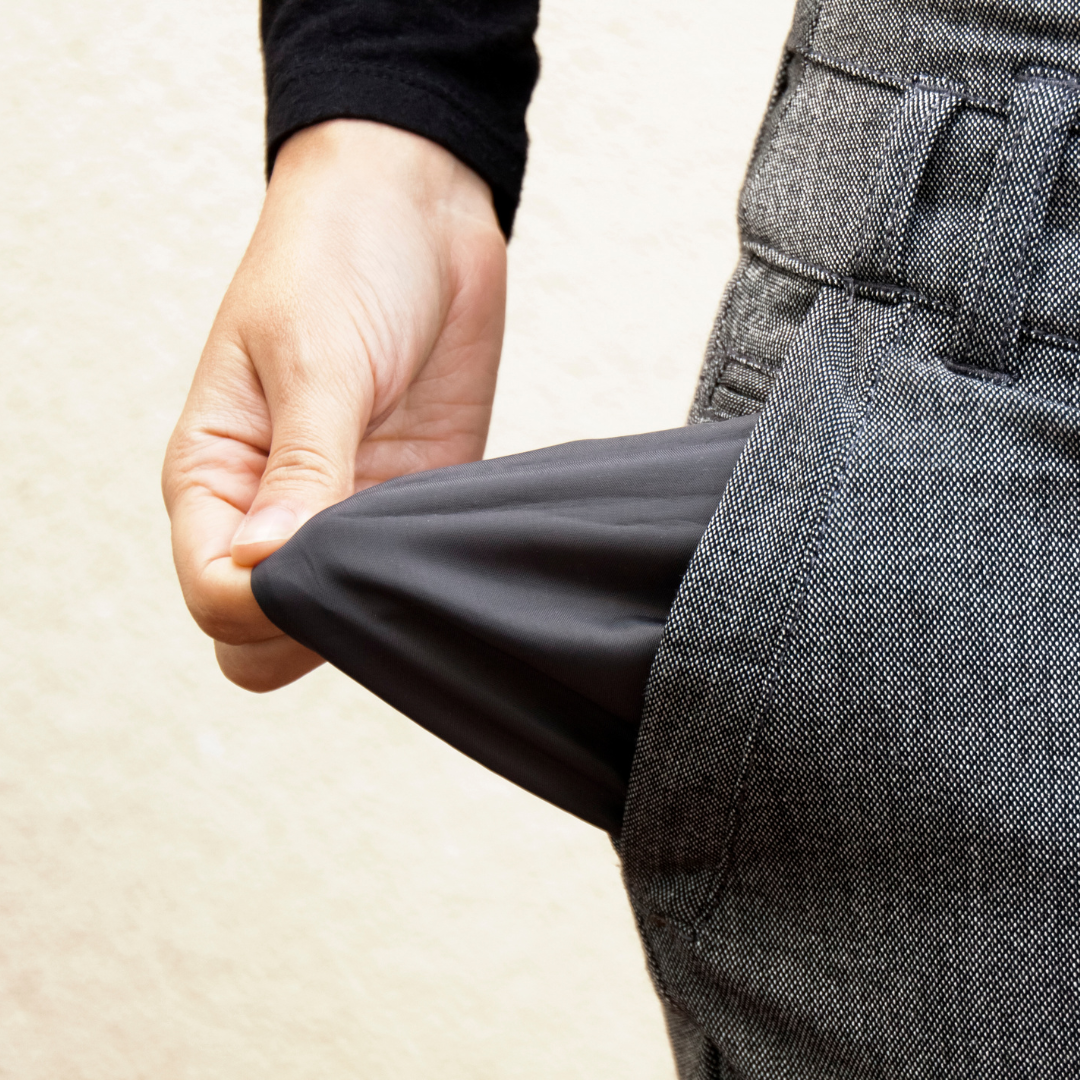
If you can’t pay off your loan, act quickly. Your lender can help you create a budget-friendly payment plan. Avoid letting past-due amounts go unpaid for too long, as this could hurt your credit score and lead to a collections agency suing you.
In some states, such as Florida, your lender may agree to reinstate your loan. To do this, you’ll bring the loan up to date by paying the overdue amount plus any repo costs incurred.
You’ll need to act and contact your lender immediately, as these transactions have a tight timeline.
Your Rights With The Repo Company
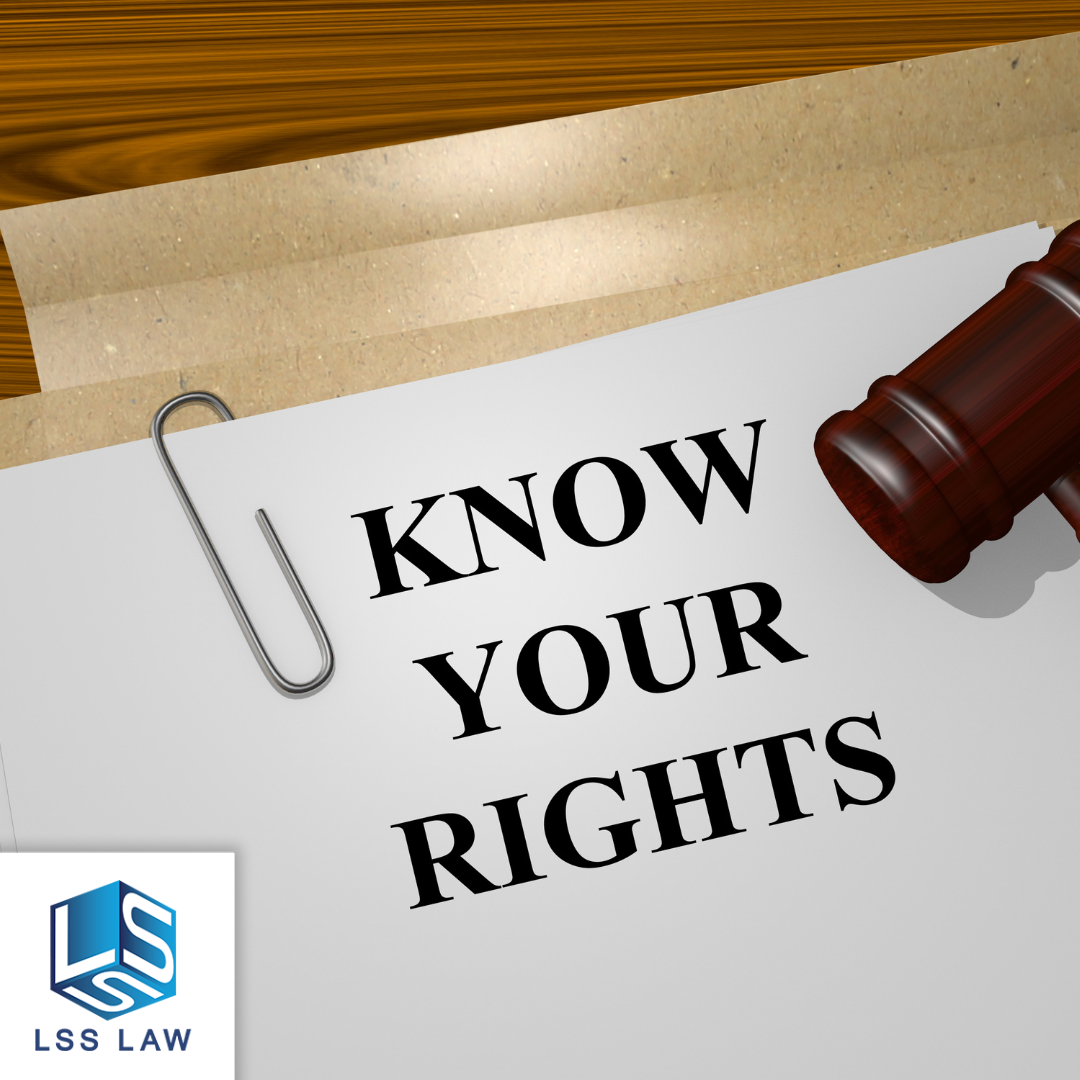
Repo companies have laws to follow and you have rights under those laws. For instance, they are unable to repossess your vehicle from locked driveways or gated areas. There must be no breach of the peace, no use of physical force, and no carrying of firearms.
Repossessed property from inside of the vehicle must be inventoried by the repo company. You have the right to get that property back and to be told how and where to do that. Also, before repossession, you must be given the opportunity to voluntarily surrender your car.
Contact the Florida Bar to find a lawyer who knows the laws in your state to be sure that your rights are being upheld.
Contact LSS Law to Learn More About Bankruptcy
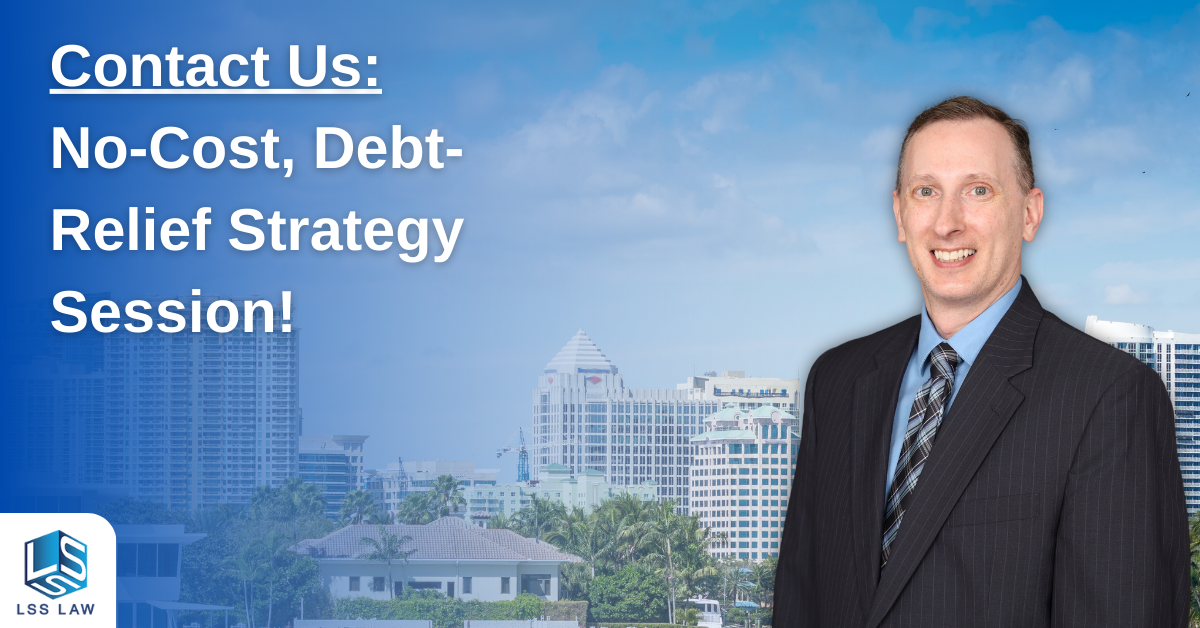
If you are in danger of having your car repossessed, contact us immediately because we may be able to help. We specialize in debt relief solutions through bankruptcy and help individuals explore their debts and create a strategic plan for moving forward.
If you owe money or have missed timely payments, contact an experienced bankruptcy attorney from LSS Law at 954-466-0541 or via email atinfo@lss.law. Our “Contact Us” page can also be found at lss.law/contact. Doing nothing changes nothing — contact us today!
How Do You Get a Car Back After Repossession? | Frequently Asked Questions
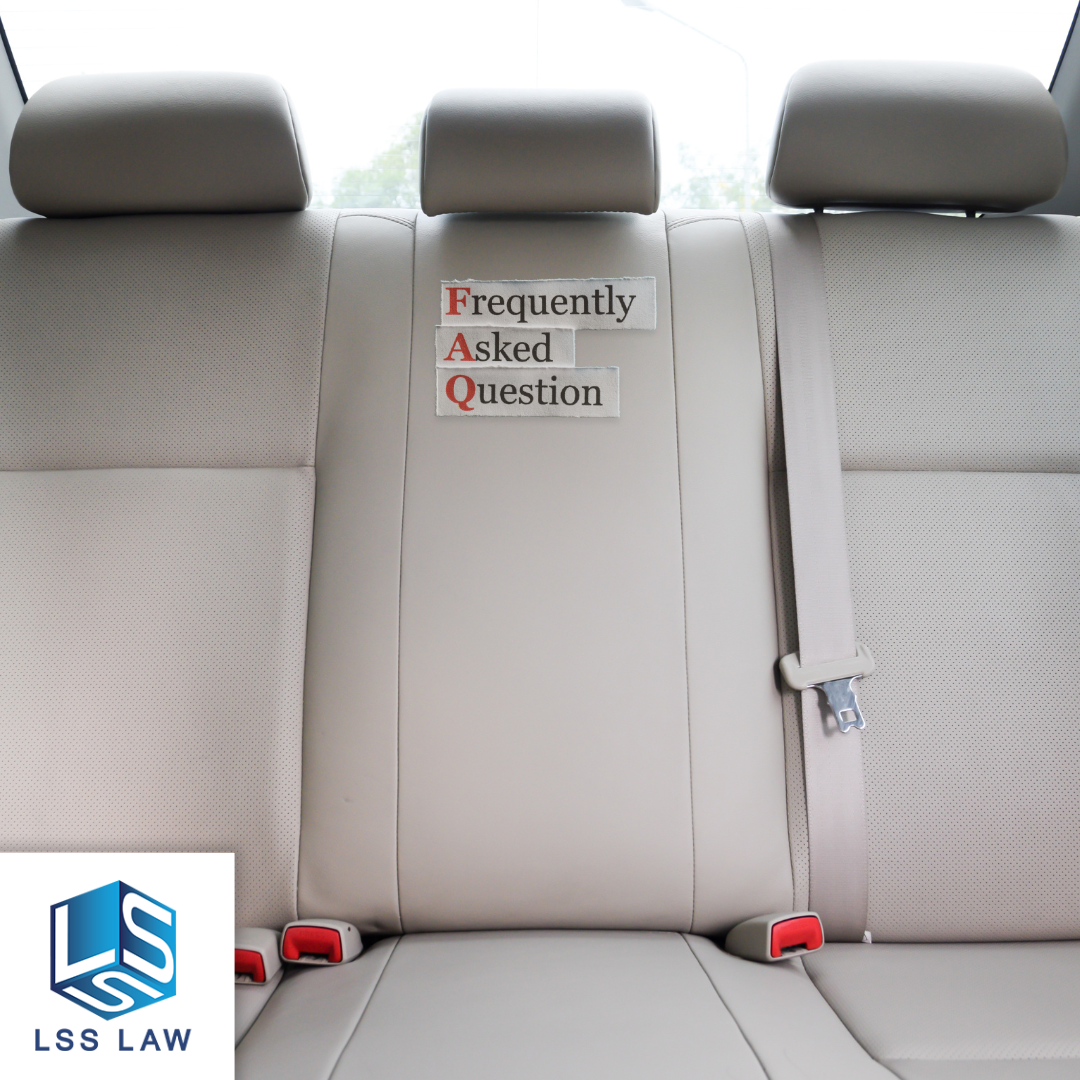
At LSS Law, we know how stressful it can be to have a car repossessed, so we wanted to compile some commonly asked questions that may be able to help you.
Is There Anything I Can Do to Prevent Repossession?
If you are concerned about your car being repossessed, Communicate with your lender. They may be willing to work with you to find a solution that can help you avoid repossession, such as a loan modification or a temporary forbearance.
What Happens if the Lender Sells My Car?
If the lender repossesses your car and sells it, the proceeds from the sale will be used to pay off the outstanding balance on your loan. If the sale price is more than what you owe on the loan, you may be entitled to a refund of the excess proceeds. However, if the sale price is less than what you owe on the loan, you might be responsible for paying the difference, known as the deficiency balance. Lenders must resell repossessed vehicles at commercially reasonable prices.
How Long Does it Take to Get Your Car Back After Repossession?
In many situations, you will have around 15 to 30 days to contact your lender and work something out. Contacting your auto lender as soon as possible may speed up the process and provide you with an estimate. To recoup their losses, the lender may sell the vehicle at fair market value or require payment of any past-due balance and fees. Contact them immediately to find out how to get your car back.
What Will Appear on My Credit Report After Repossession?
If your car is repossessed, it will appear on your credit report from the three major credit bureaus — Experian, Equifax, and TransUnion. This information can remain on your credit report for up to seven years after the event. Your credit reports will show that your car was repossessed and may also indicate when you missed your last payment prior to repossession.
Additionally, if the vehicle was sold in a public auction, this will also be noted on your credit reports. For more detailed information regarding what appears on a credit report after repossession, you can use credit counseling services or seek out expert advice through a qualified bankruptcy process attorney.
What is Voluntary Repossession?
Due to financial difficulties, a borrower may voluntarily return their car to the lender. It’s a last resort for borrowers who can’t pay for their car or other bills.
With voluntary repossession, you can avoid the stress of an involuntary repossession, you won’t incur repossession costs, and can take the time to make a plan for transportation without your car.
Before considering voluntary repossession for car loans, exhaust all other options. It will still hurt your credit score.
What Happens if I Miss My Car Payments?
Missing car payments can lead to repossession. If you miss a payment, fees may be added to your vehicle balance, making payments more difficult. Each month that a payment is missed, your credit score will go down and lenders can repossess your car after two or three missed payments.
What if I Owe More Money Than the Car is Worth?
Being “upside down” can be a challenging situation. You can continue making payments or look into refinancing the loan at a lower interest rate or with a longer term, which can reduce your monthly payment and help you pay it off faster.
Of course, you can sell your car and pay off the balance, which will be less than what you owed.
